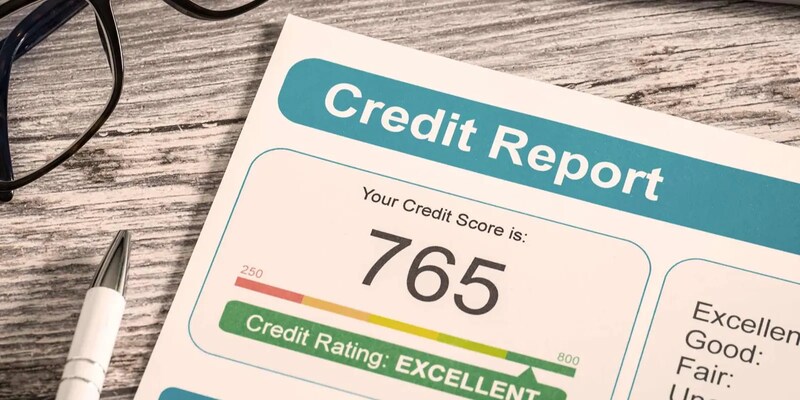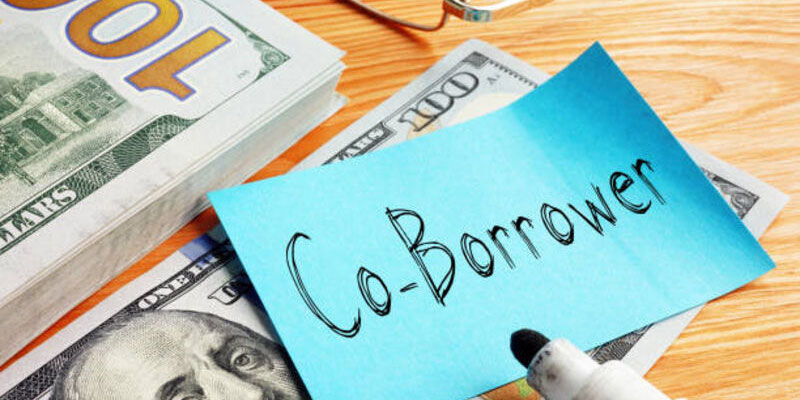Debtors agree to a court-supervised debt restructure in Chapter 13. Singles, married couples, self-employed people, and business owners can use a Chapter 13 payment plan example. The eligibility requirements, benefits, and downsides of Chapter 13 are explained here.
Chapter 13 Bankruptcy Functioning
Chapters 7, 11, and 13 are most usual bankruptcy chapters. Chapter 11 is used in commercial files, while Chapters 7 and 13 are popular.
- Repayment Plan: Chapter 13 and Chapter 7 differ most in the repayment plan. For income-based repayment, see Chapter 13 and use the Chapter 13 calculator. Creditor settlements supported by asset sales replace repayment agreements under Chapter 7.
- Duration and Cost: Chapter 13 takes longer and costs more than Chapter 7. Moreover, unlike Chapter 7 proceedings, Chapter 13 processes might take years.
- Impact on Credit Scores: Chapter 7 bankruptcy lowers credit scores. It will stay lower for ten years until you remove it. From filing, Chapter 13 bankruptcy cases expire seven years later. Regardless, your credit score will plummet.
Meeting Qualifications
Everyone should read Chapter 13 and use the Chapter 13 calculator, not just firms or businesses. Brokers of stocks and commodities are also unable to register, even if their work is personal.
Candidates must show monthly payment capabilities. After filing the petition, petitioners have 14 days to show the court their income. Social Security, pensions, unemployment benefits, earnings, rental income, and real estate sales are additional income sources. Moreover, updated tax returns are required; thus, you need to show four years of state and federal tax payments. Failure to furnish tax returns may delay or terminate your lawsuit.
After reviewing the income and spending information, the trustee will schedule a hearing to determine if the plan is suitable. When the returns are received, the Chapter 13 payment plan example lawsuit will be dismissed, which will take three to five years.
Benefits Of Chapter 13 Bankruptcy

Keeping Your Home
One of the Chapter 13 tips and tricks is to try Chapter 13 bankruptcy if you owe your mortgage and are going to be evicted. It's possible to maintain your home, restart your mortgage, and make up any missed payments.
Under a court-ordered repayment plan, you will make mortgage payments to catch up. The strategy typically lasts 35 years if calculated correctly with the Chapter 13 calculator. For homes in temporary financial trouble, this may assist. Chapter 13 bankruptcy is preferable if you can keep your home.
Protecting Co-Signers
The "co-debtor stay." is part of the chapter 13 payment plan example. Doing this protects your co-signers against creditors trying to collect debt. Co-signers are protected from responsibility under Chapter 13 if they follow the repayment plan. Loan co-signers who are friends or family might be comforting. Moreover, it protects your family while you repay the debt.
Selling Property
Some Chapter 13 bankruptcy filers may sell their things, which is another tip of the Chapter 13 tips and tricks. Deals to settle your debts have given you the freedom to decide when to sell your assets for the best price.
Thus, in order to maximize the return on your real estate investment, this independence could aid in your improved money management. If you can sell thoughtfully and don't feel pressured to close a deal quickly, you can achieve financial freedom.
Running a Business
Even after declaring Chapter 13 bankruptcy, individual company owners are still able to operate their enterprises. Using the money you earn from your company to pay your monthly installments of the Chapter 13 payment plan example may help you reach your financial goals.
However, your company has to be profitable enough to cover these expenses. This option may help company owners avoid the issues that may arise from declaring bankruptcy by enabling them to continue operating their companies and making their payments on schedule.
Debt Freeze
All of your obligations, including unsecured debt, are discharged when you file for Chapter 13 bankruptcy. When the paperwork is submitted, the amount owed is already known; therefore, there won't be any additional interest or late fines. Immediately after a payment, the principal amount is reduced. The lack of fees and interest may make it simpler to pay off your debt after this freeze.
Drawbacks Of Chapter 13 Bankruptcy

Extended Timeline
The Chapter 13 bankruptcy process is lengthy. Chapter 13 bankruptcy can take five years, while Chapter 7 might take four to six months. Also, because of the possibility of a deeper commitment, this longer time frame could need ongoing financial management. The extended time limit also allows you to pay back the bills in installments if you need more time to organize your finances.
Impact on Credit Report
One of the great Chapter 13 tips and tricks is to remember that filing for Chapter 13 bankruptcy can hurt your credit for seven years. Although it stays on your record for ten years, Chapter 7 bankruptcy is better.
Although Chapter 13 may still lower your credit score, creditors may eventually see it as an indication that you are making an effort to pay off your obligations. Moreover, as you weigh your alternatives, consider the impact that declaring bankruptcy might have on your future reputation.
Financial Constraints
Your living expenditures and debt repayment will take up the majority of your income throughout the Chapter 13 payback period. Getting fresh credit might be challenging, but it's not impossible. So, strict budget enforcement could assist you in improving your financial management, but it requires commitment and planning. Moreover, be aware of these boundaries to help you plan more effectively and prepare for any financial difficulties you may encounter.
Chapter 11 Vs. Chapter 13 Bankruptcy
Another strategy in which debt is reorganized with court permission and paid back over time is Chapter 11 bankruptcy. Though it's open to people, couples, and companies, companies file Chapter 11 most often because it's costly and difficult.
A Chapter 13 advice for filers who make too much money for Chapter 7 is easier in Chapter 13. Chapter 13 bankruptcy with the Chapter 13 calculator also protects co-signers.

A Comprehensive Guide for Capital Gains Tax Exclusion for Primary Residences

Unveiling the Essentials of Comprehensive Car Insurance

When to Expect Your Tax Refund

How to Pay Your Property Tax Bill

Chapter 13 Bankruptcy Explained: A Comprehensive Guide

Navigating the World of Membership Organizations and Their Impact on Health Insurance

USDA Home Loans: Everything You Need to Know

What Is Expected Value (EV)?

What is the Cash Price? Insights into Financial Terminology

What are the Best Online Checking Accounts You Should Consider?

Understanding Unauthorized Cards on Your Credit Report
